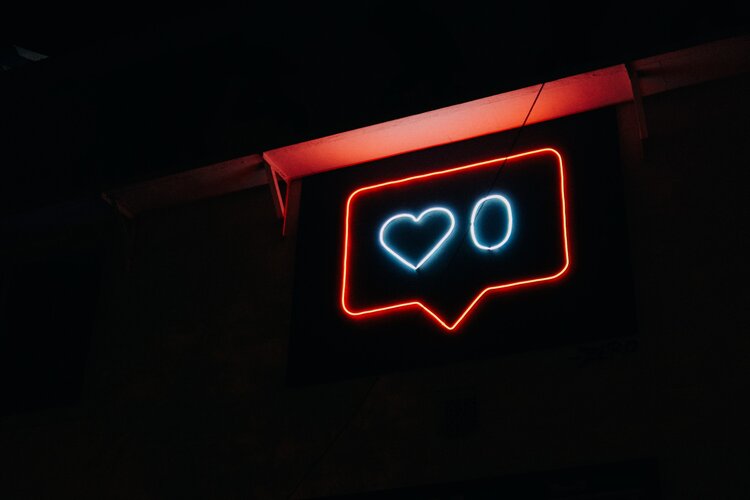While social media can support the cultivation of friendships, it’s also directly linked to self-esteem and life satisfaction. This is especially true for younger generations.
This is largely because people only post their “highlights,” as in, the best-looking photos of themselves, the “cool” activities they’re doing, their cute outfits, expensive vacations and dinners, relationships, successes, accomplishments, and so on.
It used to be that dangerously unrealistic standards were left up to the beauty and fashion magazines, featuring photoshopped celebrities, and models. Now, we have our very own peers setting the stage for what’s socially acceptable and beautiful. Not many people post their struggles or not-so-pretty photos, which only perpetuates these unrealistic standards for success, happiness, and beauty.
There’s also the validation factor caused by the incoming stream of “likes” and comments from other users each time you post a photo. While it’s perfectly normal to gain a self-esteem boost from such positive reactions, after a while, many people start to crave such validation, and it begins to affect how we value ourselves.
As we spend more time on social media scrolling through these “real people” with their beauty, perfect bodies, and perfect lives, we begin to compare ourselves and our own lives, which leaves us feeling inadequate.


